Individuals can file complaints or claims to the Central Inspection against administrations falling within its remit, or against the employees or workers of these administrations, for investigation and establishment of facts.
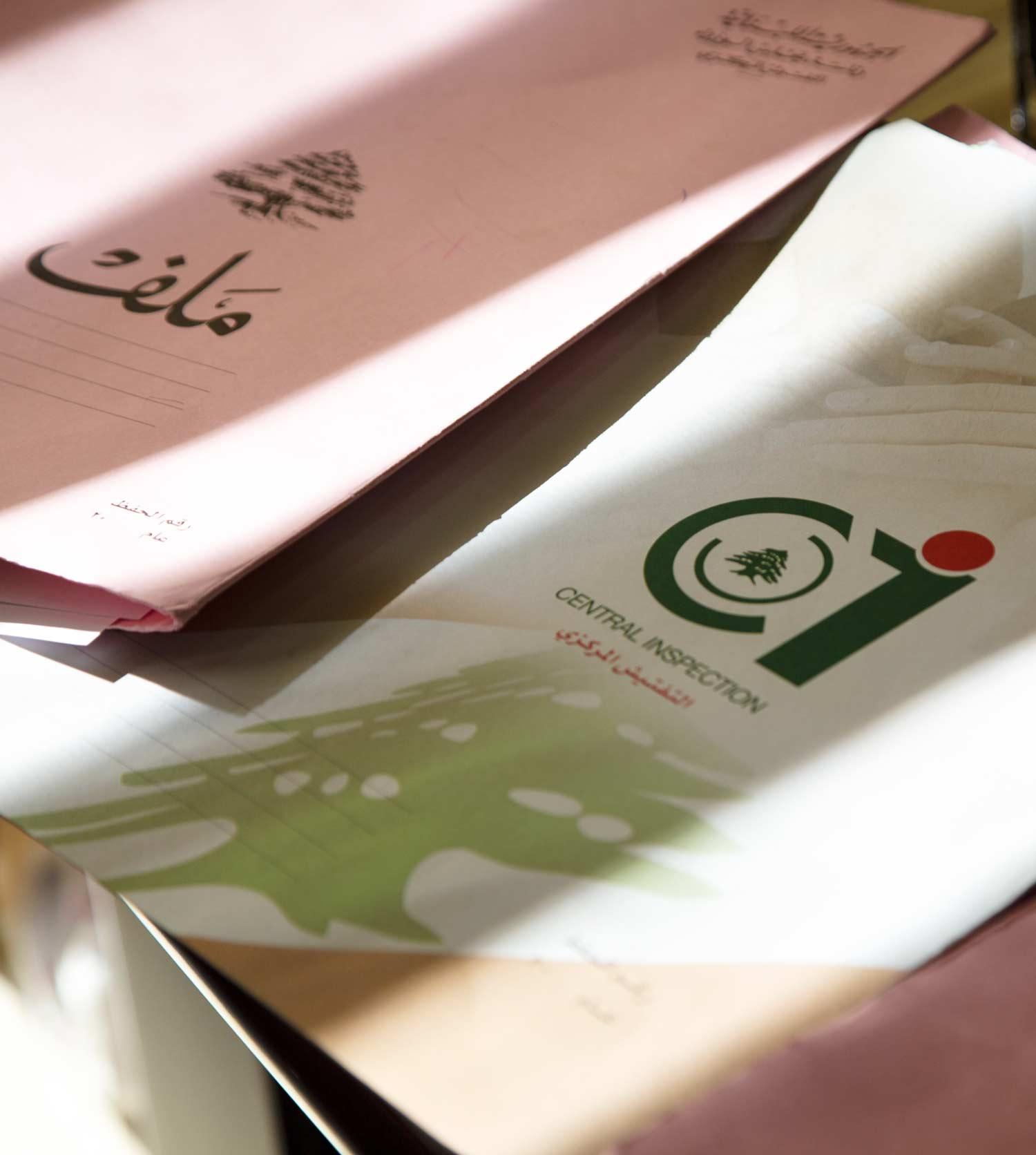
Overview
Role of the Central Inspection:
The Central Inspection plays a central role among oversight bodies serving the Executive Authority. It exercises its powers across all Lebanese territories to uncover any violation of the applicable laws and regulations.
The Central Inspection also provides guidance, advice and recommendations to improve administrative processes and coordinate joint operations between public administrations. In this sense, the Central Inspection is a public reform authority.
Article 2 of Legislative Decree No. 115/59 (Establishment of the Central Inspection) outlined the main functions of the Central Inspection, which are as follows:
"The Central Inspection is responsible for:
* Overseeing public administrations and institutions and municipalities through different types of inspections.
* Seeking to improve administrative processes.
* Offering advice to administrative authorities voluntarily or upon request.
* Coordinating joint operations between different public administrations.
* Carrying out studies, investigations and missions assigned to it by authorities."
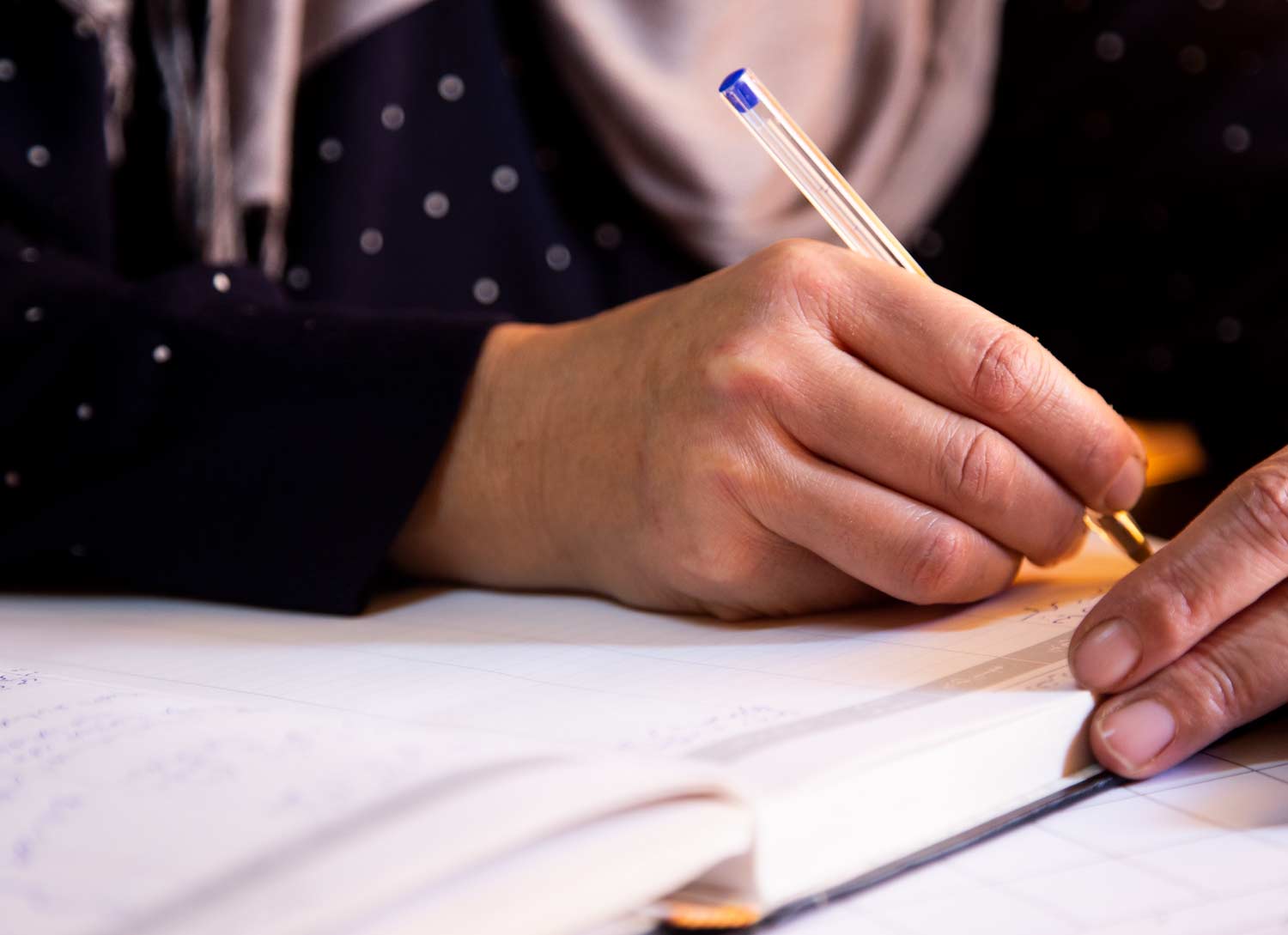
Legislative Decree No. 115/59 (Establishment of the Central Inspection) has made it the responsibility of the Central Inspection to oversee public administrations and institutions and municipalities. This mission is fulfilled by appointing specialized inspectors to detect and investigate violations and identify liabilities and liable parties, so that the necessary sanctions are imposed and offenders are referred to the competent prosecution authorities.
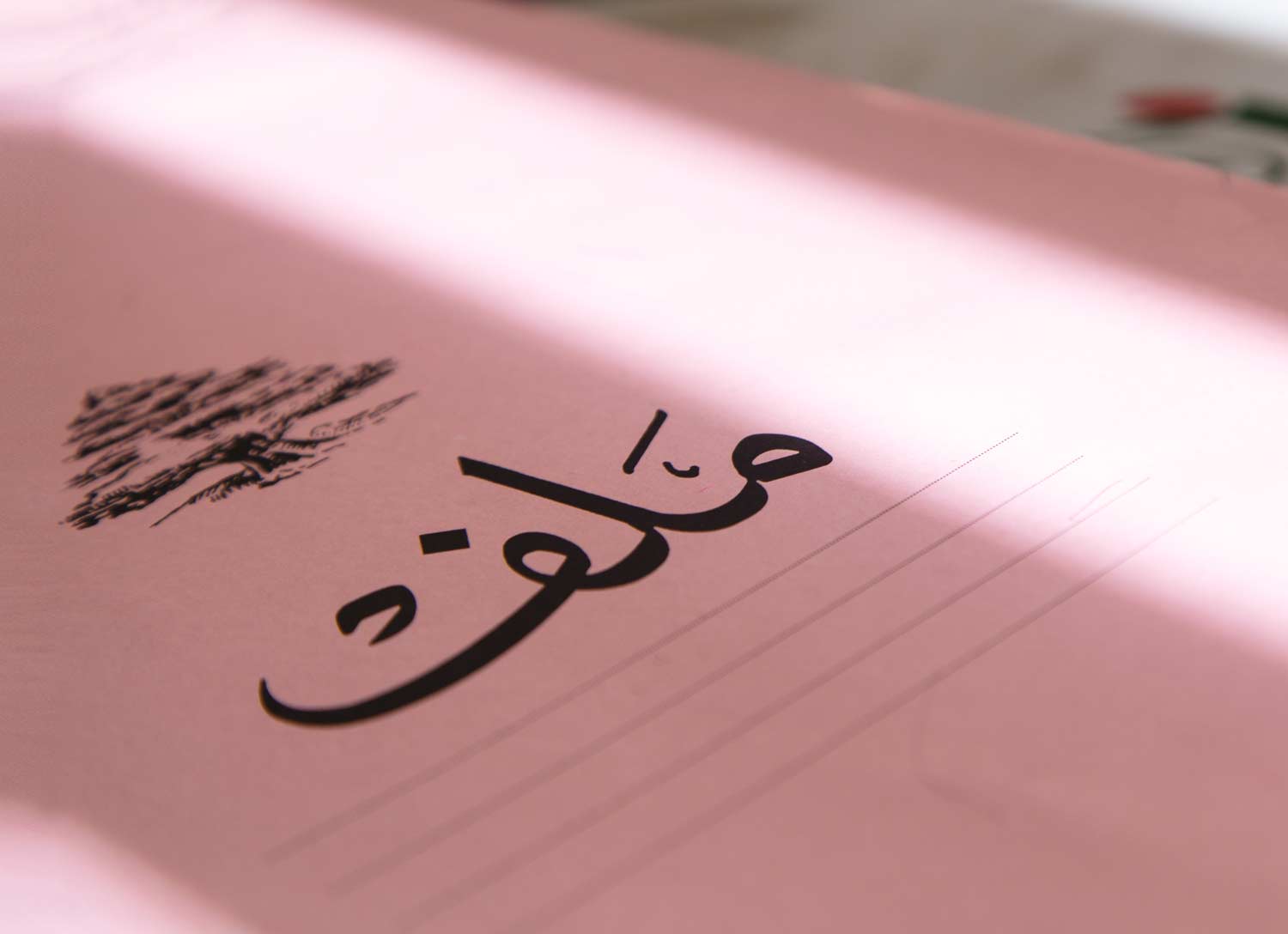
In addition to its oversight role, the Central Inspection also plays an advisory role by providing guidance to the administrations and institutions within its remit as to how to improve, develop and rectify their administrative processes. This is done by examining and assessing the work of those administrations and institutions, and identifying their problems with a view to recommend adequate solutions.
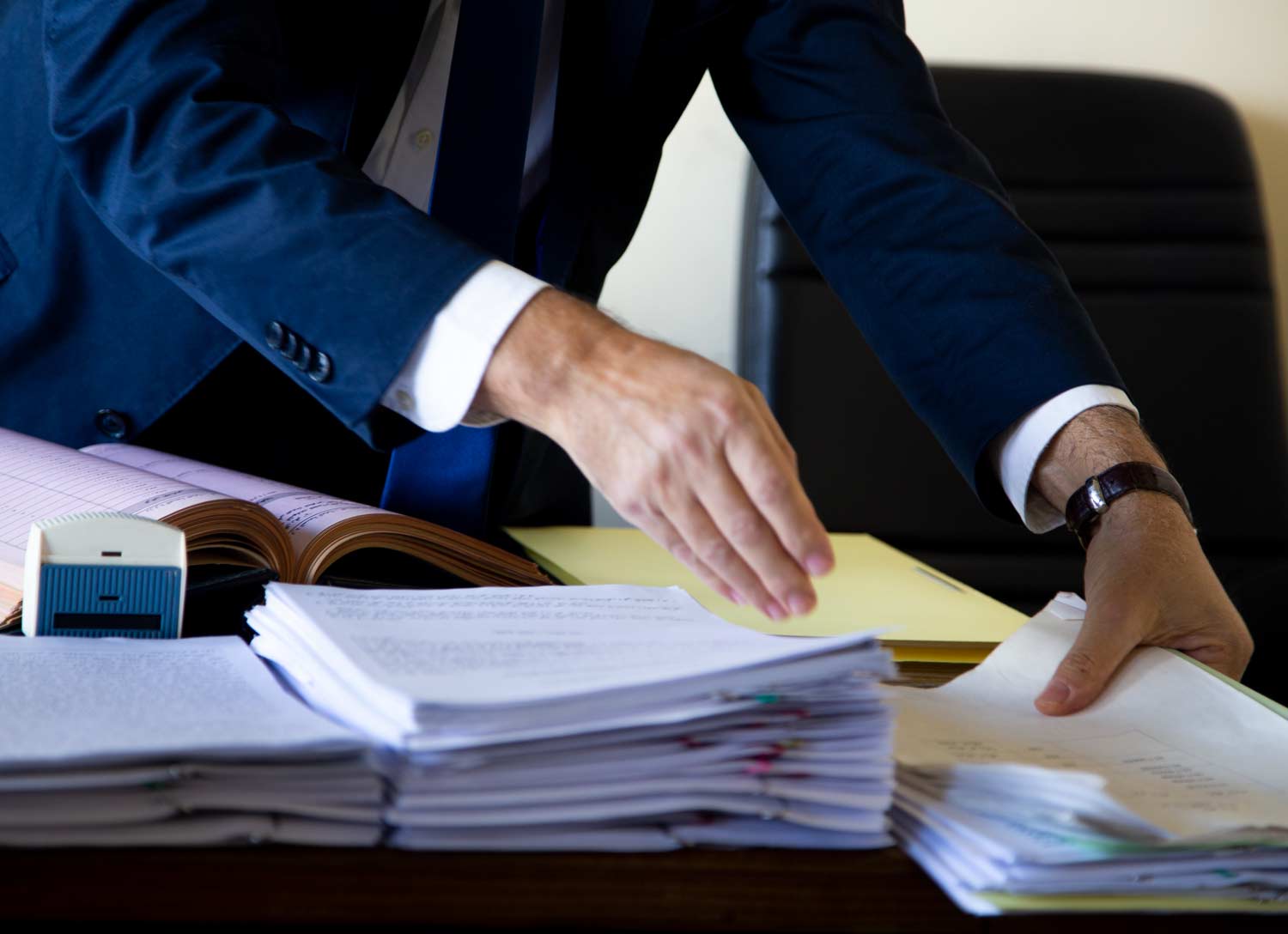
Legislative Decree No. 115/59 gave the Central Inspection the power to offer advice, either voluntarily or upon the request of administrative authorities. Advisory services have become essential nowadays, as they help ideas and options grow and mature until successful solutions result from the right decisions. In order to fulfil this role, the Central Inspection should build interactive relationships and coordination mechanisms with these administrations, by following up closely on their day-to-day affairs and problems.
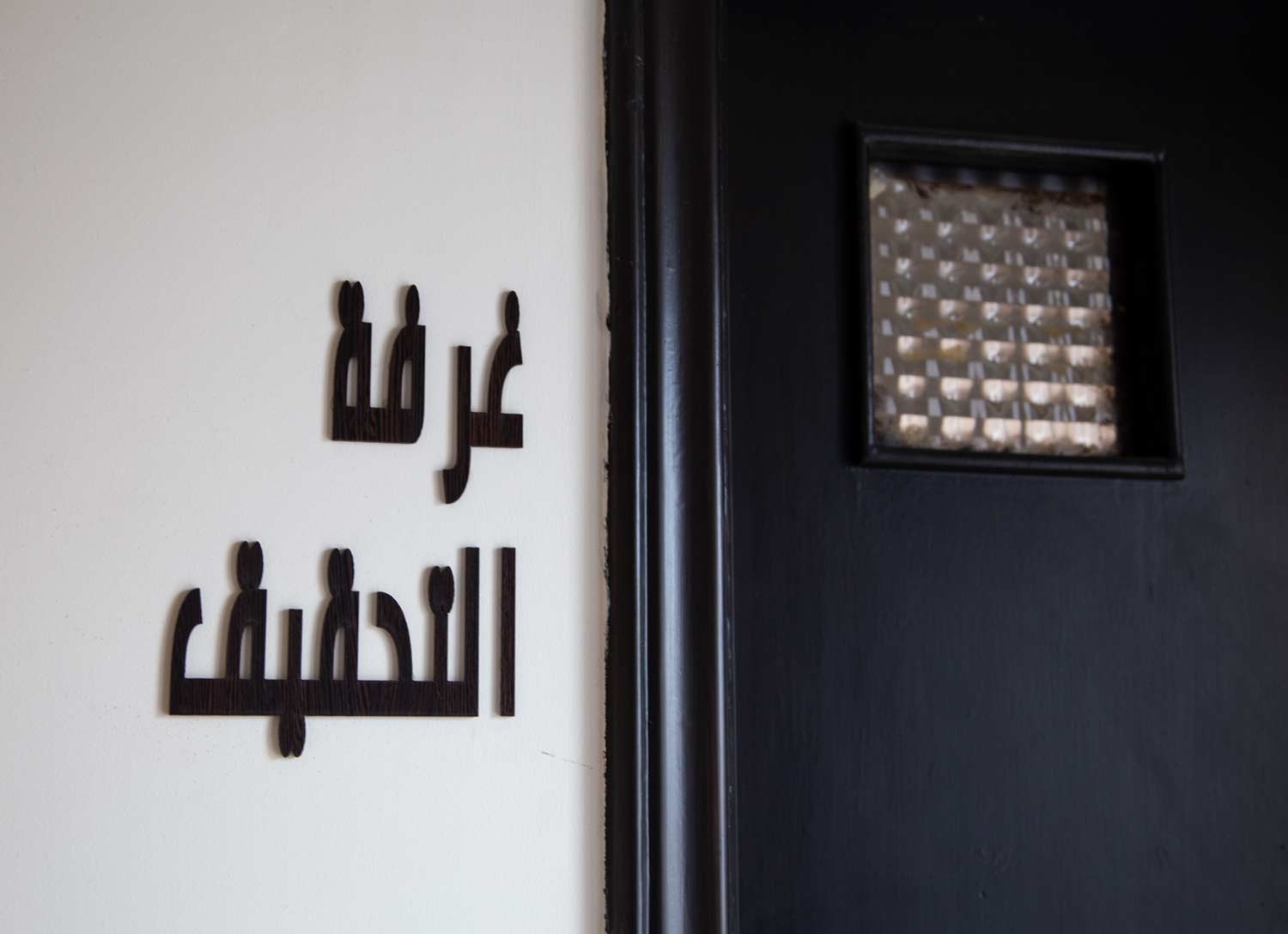
The Central Inspection is comprised of a number of inspectorates, specialized in all areas relevant to public service. It is an authority that is directly affiliated with the Presidency of the Council of Ministers. Its powers, set forth by the law, cover all public administrations and institutions, independent establishments and services as well as municipalities. The Central Inspection is therefore an effective tool that can carry out studies, investigations and missions assigned to it by authorities with a very high level of efficiency and professionalism.
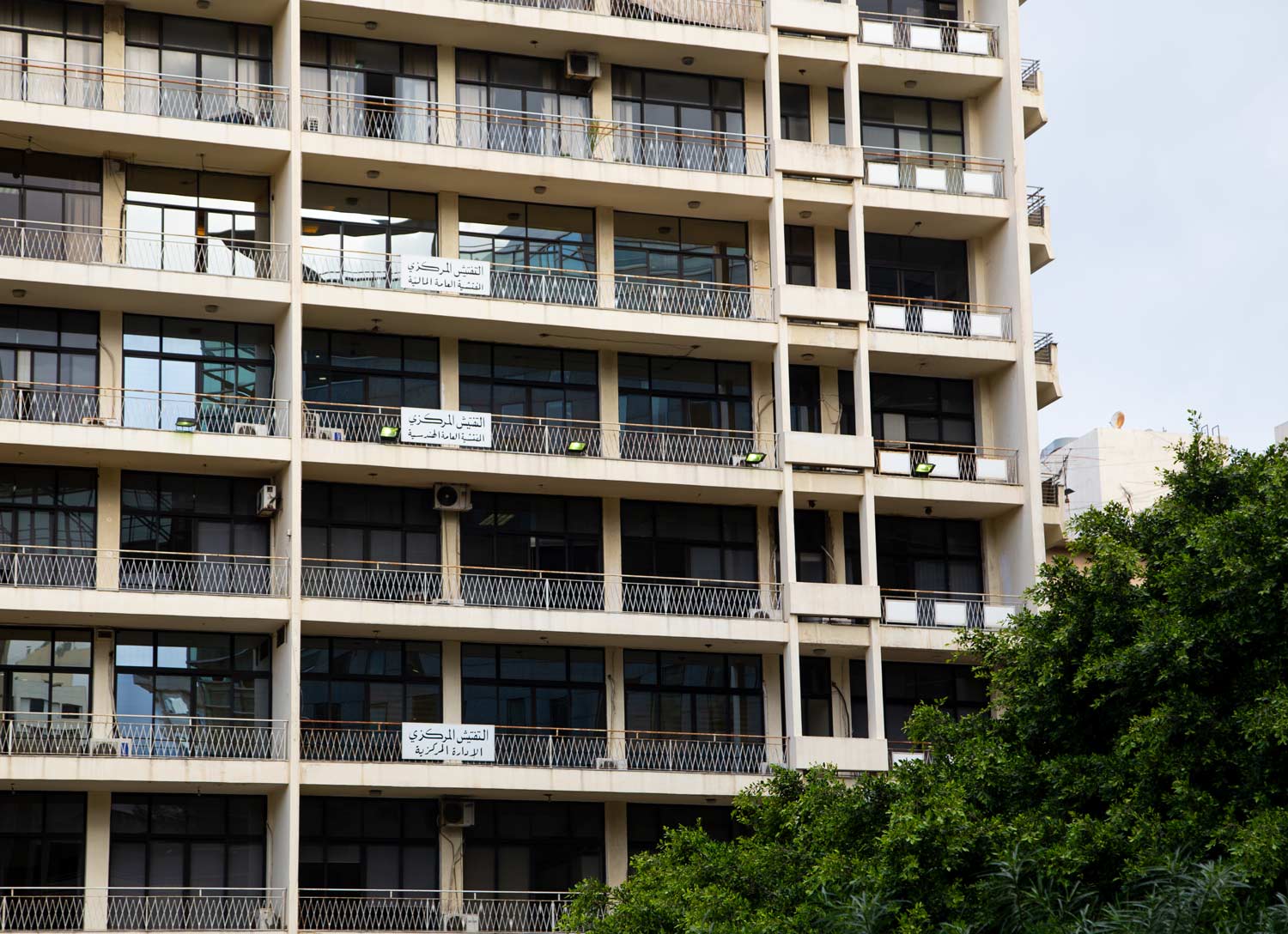
Improving administrative processes often requires concerted efforts between many administrations. This is where the role of the Central Inspection comes into play, as it coordinates joint operations between these administrations, aimed at achieving a common goal. This role becomes even more important as it enables favorable results to be achieved with the least amount of available resources, thereby optimizing human and financial resources.
Become a partner in the fight against corruption







 Facebook
Facebook Instagram
Instagram Youtube
Youtube Twitter
Twitter